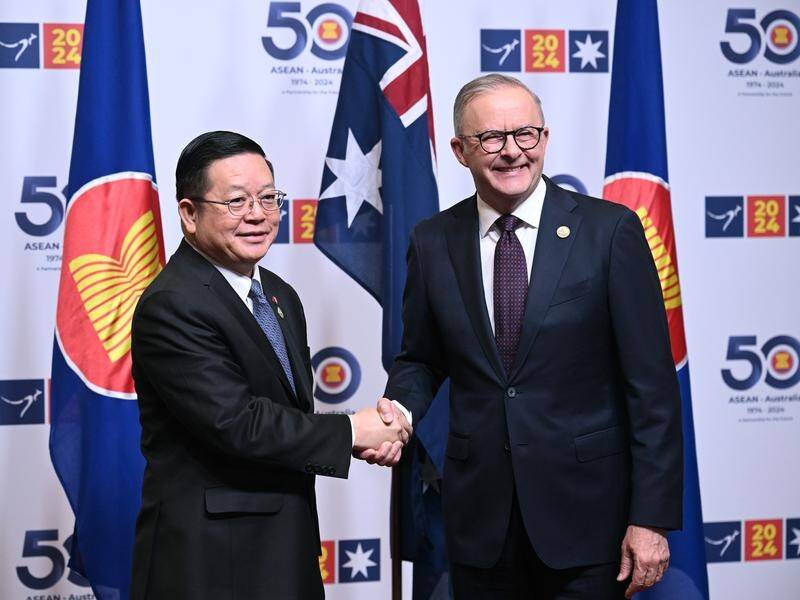As part of its efforts to boost trade in Southeast Asia, Australia committed to investing over US1.3 billion dollars in the region.
Prime Minister Anthony said the government would make the region a priority for its foreign investment.
During a panel discussion on the sidelines of the summit, Albanese noted that Southeast Asia was Australia’s future.
After a series of disagreements with China, it has started to build economic ties with other countries in the region.
The Association of Southeast Asian Nations (ASEAN) is regarded as an emerging economic force due to its rapid population growth.
As the region has huge deposits of natural resources and an appetite for electricity, it is expected to play a leading role in the global effort to develop clean energy.
To support this, Australia is launching a new funding package that will primarily focus on renewable energy and infrastructure projects.
The agreement to build a nuclear submarine facility in Australia was regarded as one of the most significant developments in the country’s relations with ASEAN for a generation. While leaders were focused on trade and business, they also kept their attention on China’s growing influence in Southeast Asia.
Singapore Prime Minister Lee said his country would be willing to host the facility. This offer is likely to anger China.
The UK and the US have agreed to provide Australia with a fleet of nuclear submarines as part of their joint efforts to counter China.
Some members of the Association of Southeast Asian nations have expressed their doubts about the agreement.
However, Singapore, which used to be a British colony, supported the deal.
During a press briefing, Lee said that he had told the Australian prime minister that once the submarines are delivered, Singapore would be happy to host them.
Climate change was also a major topic of discussion during the summit.
As the region’s energy consumption heavily depends on fossil fuels, Australia is one of the biggest exporters of coal and gas.

